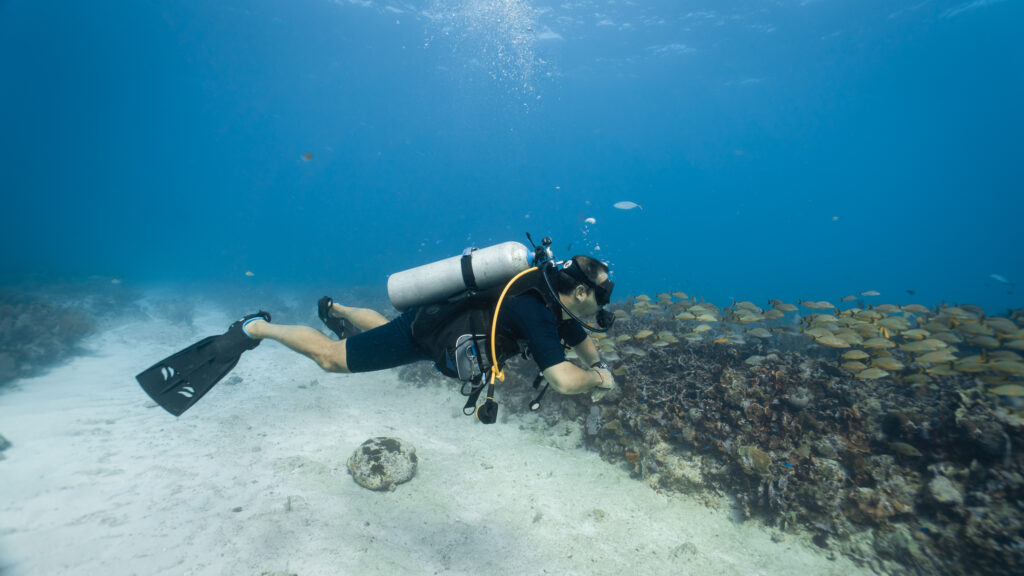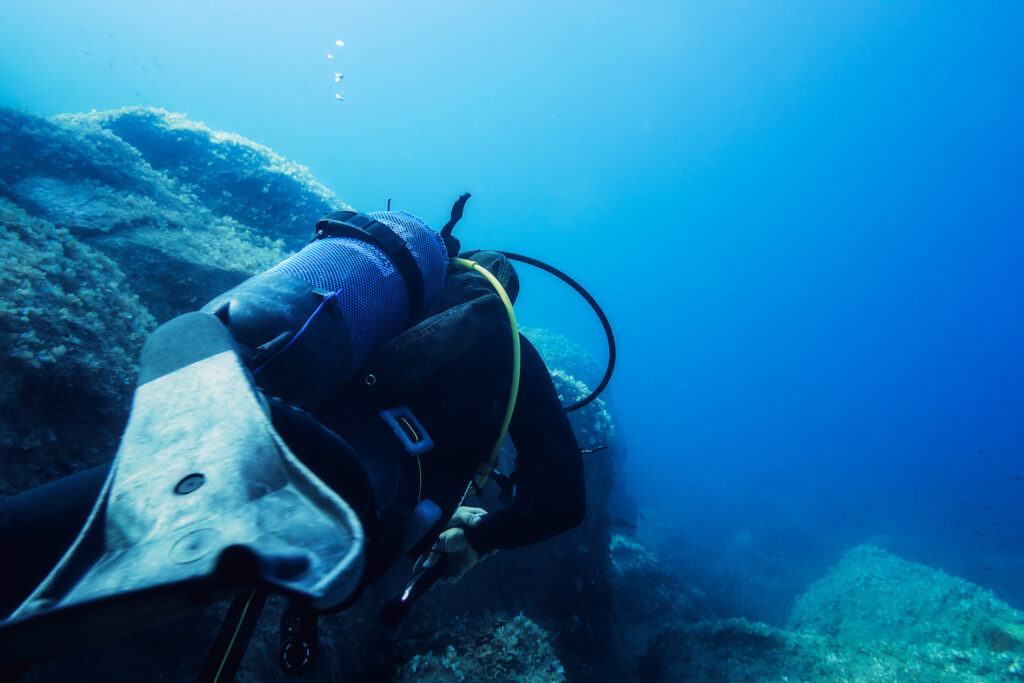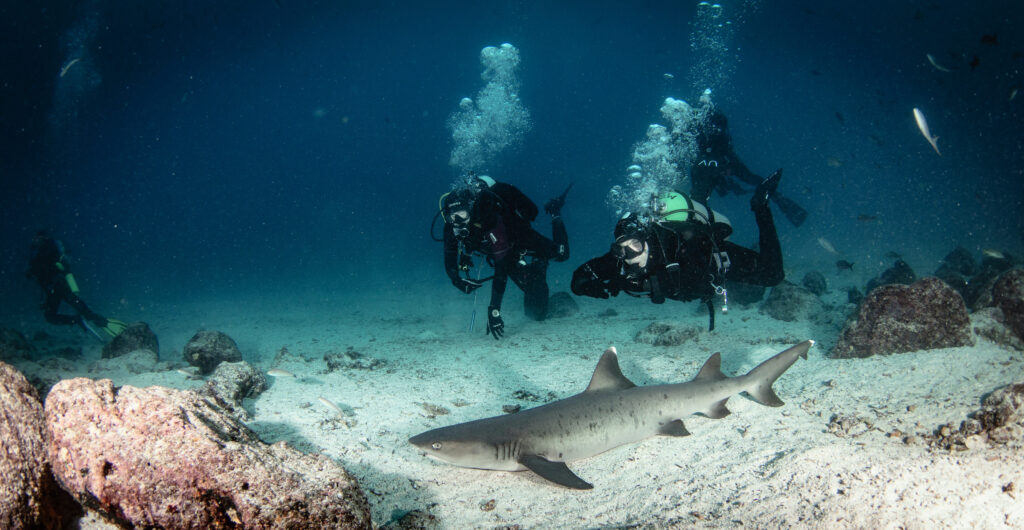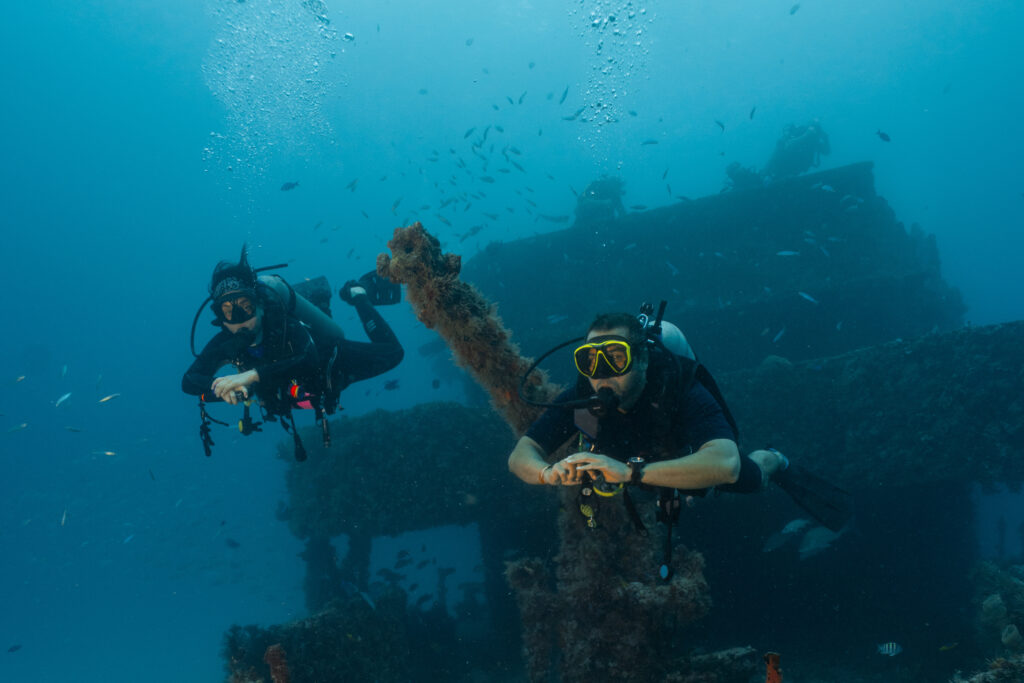What is a Dive Watch?

A dive watch is a specialized timepiece designed to withstand the harsh conditions of underwater environments. Initially developed in the early 20th century, dive watches are essential tools for scuba divers, providing accurate timekeeping and critical safety features during underwater activities. These watches are built to endure significant pressure and provide clear visibility under low-light conditions, making them indispensable for both professional and recreational divers. Over the years, dive watches have transcended their utilitarian purpose, becoming symbols of adventure and precision in both the diving community and the broader public consciousness.
What is the Divers Alert Network (DAN)?

The Divers Alert Network (DAN) is a vital entity in the scuba diving community, dedicated to the safety and well-being of divers worldwide. Established to provide emergency medical advice and assistance, DAN has evolved into a comprehensive organization offering a range of services, including research, education, and insurance. With its global reach, DAN has become an indispensable resource for divers, ensuring that they have access to critical support and information, both in emergencies and for ongoing education. Its influence extends through various initiatives aimed at promoting safe diving practices and improving the overall safety of the diving environment.
What is a Pony Bottle?

A pony bottle, in the context of scuba diving, refers to a small, independent scuba cylinder that acts as an emergency air supply. Divers often rely on pony bottles as a crucial backup system in case their primary air source fails. This additional cylinder provides a diver with an extra layer of safety, ensuring they have enough breathable gas to reach the surface or their dive buddy in the event of an emergency. The name “pony bottle” aptly describes its role as a smaller companion to the main tank, much like a pony is to a horse. Understanding the function and proper use of a pony bottle is essential for any diver who values safety and preparedness underwater.
What is Open Water Certification?

Open water certification is a fundamental credential in scuba diving, signifying that an individual has achieved the necessary skills and knowledge to dive independently. This certification is recognized globally and is a prerequisite for many diving activities and advanced training courses. It ensures that divers are equipped to handle underwater environments safely and responsibly, providing a foundation for safe and enjoyable underwater adventures. Whether one seeks to dive in tropical coral reefs or cold-water kelp forests, obtaining an open water certification is the first crucial step in the journey of underwater exploration.
What is Pounds Per Square Inch (PSI)?

Pounds per square inch (PSI) is a unit of pressure widely used in various fields, including scuba diving. Understanding PSI is crucial for divers because it directly relates to the equipment they use and their safety underwater. In scuba diving, PSI measures the pressure exerted by gas within a scuba tank, which is essential for breathing underwater. This unit helps divers know how much air they have left in their tanks, enabling them to plan their dives and avoid running out of air while submerged.
What is Professional Diving?

Professional diving encompasses a range of underwater activities performed by individuals trained and certified to work in various underwater environments. These divers are equipped with specialized skills and equipment to carry out tasks that support industries such as commercial oil and gas, scientific research, military operations, and public safety. The importance of professional diving lies in its contribution to the economy, scientific discoveries, and public safety operations, making it an indispensable occupation with a rich history and evolving technology.
What is a Deco Mix?

Decompression mix, or deco mix, is a specialized gas mixture used in scuba diving to facilitate safer and more efficient decompression during ascent. Decompression is a critical phase in diving where accumulated inert gases, primarily nitrogen, are safely expelled from a diver’s body to avoid decompression sickness (DCS). Deco mixes are tailored to optimize the elimination of these gases, particularly during deep or prolonged dives where standard air might not suffice. Understanding and correctly using deco mixes can significantly enhance a diver’s safety, reducing the risk of DCS and other diving-related ailments.
What is a Lift Bag?

A lift bag is an essential piece of equipment in scuba diving, designed to assist divers in lifting heavy objects from the underwater environment to the surface. These devices use the principle of buoyancy to generate upward force, making it possible to transport items that would otherwise be too cumbersome or heavy to handle manually. Lift bags are commonly employed in various underwater tasks, from salvage operations and marine construction to scientific research. They play a crucial role in ensuring the safety and efficiency of these activities, providing divers with a reliable means to manage and move objects underwater.
What is Heliox?

Heliox is a breathing gas mixture composed of helium and oxygen, widely used in deep-sea diving due to its unique properties that improve safety and performance under extreme conditions. Unlike standard air, which consists of approximately 78% nitrogen and 21% oxygen, Heliox replaces the nitrogen with helium. This substitution is crucial in mitigating the adverse effects of nitrogen narcosis and oxygen toxicity that divers can experience at greater depths. Heliox has been a game-changer for technical and commercial divers, enabling them to work and explore at depths that would otherwise be highly hazardous.
What is Gas Blending?

Gas blending, a crucial process in scuba diving, involves mixing various gases to create a breathable mixture suitable for different diving conditions. This practice is essential for ensuring diver safety and enhancing dive performance, particularly in deeper or more prolonged underwater explorations. By carefully blending gases, divers can mitigate the risks associated with breathing high-pressure oxygen and nitrogen, such as oxygen toxicity and nitrogen narcosis. Gas blending has become a fundamental aspect of modern scuba diving, enabling divers to explore the underwater world more safely and efficiently.
